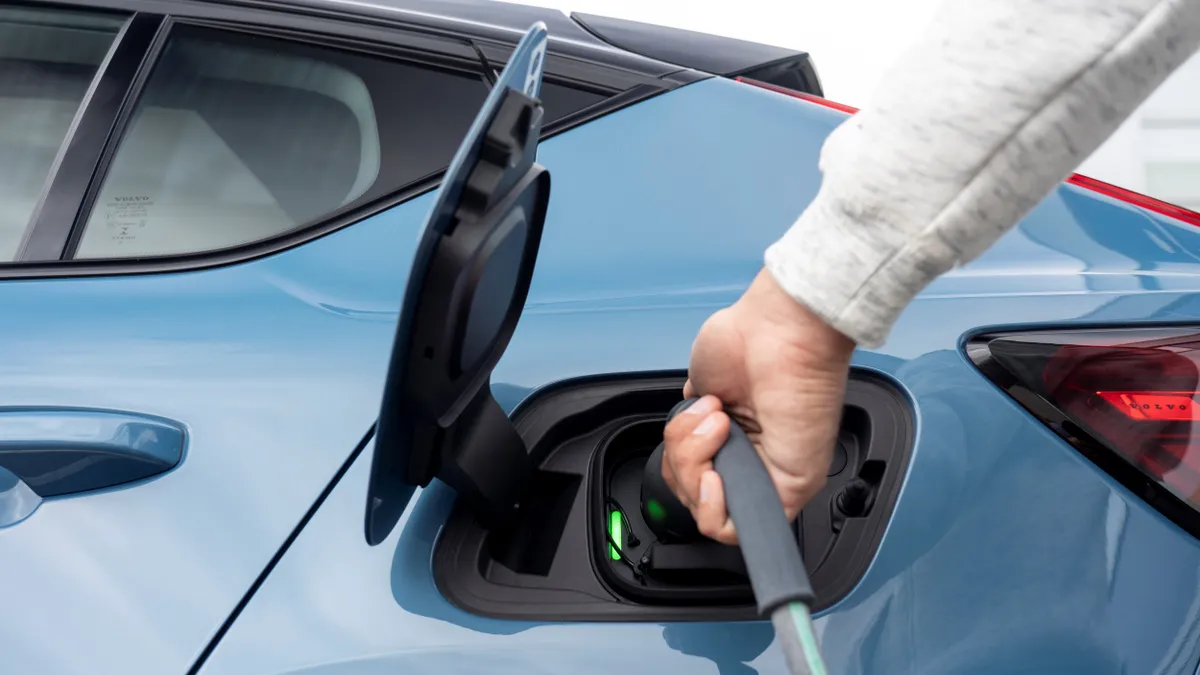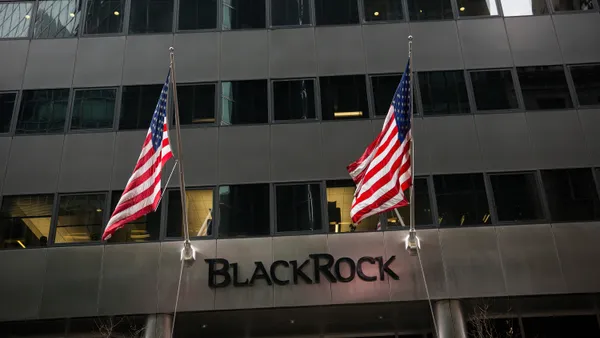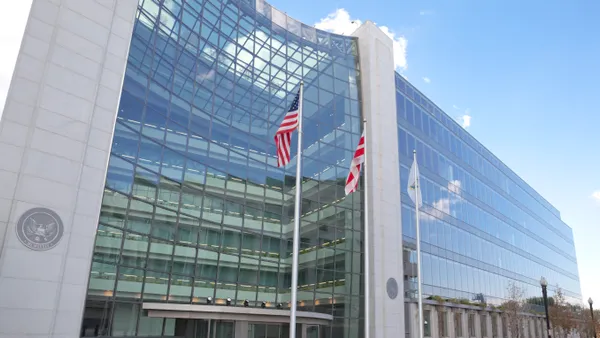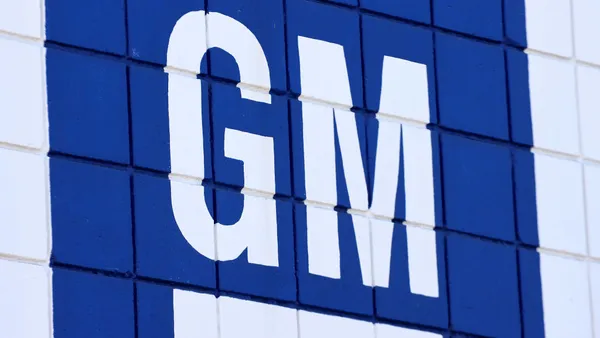Dive Brief:
- The Biden-Harris administration opened applications May 30 for $1.3 billion in funding to support the expansion of electric vehicle charging infrastructure across the U.S. in urban and rural communities and along designated highways, interstates and major roadways, according to a press release.
- The Charging and Fueling Infrastructure program is administered by the Federal Highway Administration and is open to state, regional, Tribal and local government entities. Applications are due by Aug. 28.
- The largest single grant funding opportunity for EV charging in the nation’s history comes from the Bipartisan Infrastructure Law. The program awarded $622.6 million in January.
Dive Insight:
The previous round of CFI funding benefited 47 projects in 22 states and Puerto Rico, supporting construction of approximately 7,500 EV charging plugs. FHWA received applications for six times the amount of funding available, the release said, and will reserve more than $520 million for some unselected first-round applicants that may be reconsidered for the current round of funding.
There’s a key difference for EV charging projects vying for a piece of this fresh funding: The maximum distance from an alternative fuel corridor has been increased from one mile to five miles to align with the maximum distance for other CFI-eligible fuels. The release said increasing the maximum distance for EV charging will help connect corridors to communities, increase flexibility for developers, help utilities incorporate new load into the grid and accelerate deployment of charging infrastructure.
President Joe Biden seeks to build a national network of 500,000 public EV charging stations and halve national greenhouse gas emissions by 2030, and the CFI funding is a key step toward achieving that, the release continued.
“Doubling down on electrification is more important than ever to our economic prosperity and national security,” said Joint Office Executive Director Gabe Klein in the release. “With the rest of the world pushing down on the accelerator; we are moving fast to position the United States the global leader in the future that everyone is racing toward.”
Meanwhile, an expanded charging network will likely increase EV adoption with consumers. Cox Automotive’s 2024 Path to EV Adoption Study found that the lack of charging stations is the top reason skeptics are not currently considering EVs.













